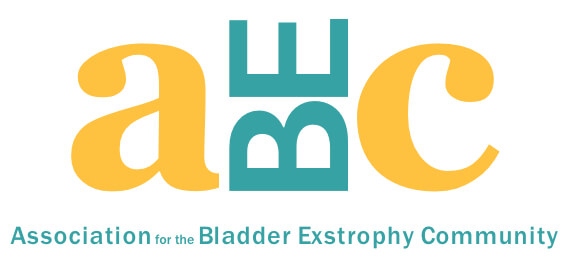Frequently Asked Questions
Check here for some of our most frequently asked questions.
We are still working on building our resources for adults with exstrophy, including adding resources regarding transitional care. But here are a few tips you may find helpful.
- Ask for help. You’ve already done the first step in reaching out to us for assistance. We know it can all be very overwhelming but try to find local support and assistance.
- There is a big community out there for Exstrophy, Ostomies, kidney failure, etc. both online and in person. In all of these aspects, you are not alone and support is available.
- There are online support groups as well as in-person conferences and meetups depending on what you are interested in. Each above-mentioned organization (including our own!) has great conferences. We highly recommend you attend so that you can meet others and also network with medical professionals who are experts in the care of these rare conditions.
Meeting others and networking can help with medical PTSD and depression that can stem from feeling overwhelmed, anxious, and afraid from a lifetime of medical adversity. Chronic conditions like CE, BE, and others can be triggers due to frequent hospitalizations, invasive procedures, uncertainty about the future, and stressors of navigating the healthcare system.
There are counselors who specialize in this. An article from Psychology Today sums it up well.
There are also listed providers for medical PTSD and depression from Psychology Today. Check with them to see which are covered under your insurance or health plan.
Great question. The services and support available to individuals with exstrophy within the US are leaps and bounds ahead of those available to individuals in resource poor countries. When we realized that children are not able to go to school, are kept hidden in secret, and sometimes even left for dead because of their condition, we knew we had to step in and help. Learn more here.
First of all, thank you for reaching out. And second, we do apologize for any delay in responding. We are truly a not-for-profit organization, so our staff is small and mostly work on a volunteer basis. We do get several messages each day and try to respond as quickly and effectively as possible. So please be patient with us – we WILL get back to you!
We can’t make specific recommendations regarding hospitals or physicians, but check out our international resources page for a list of resources.
If you need further assistance, please send us an email. Please be patient as we are a small staff so it make take us a few days to respond.
There are many ways you can get involved. Check our support page for local support groups, or form one of your own. You can also organize a fundraiser on behalf of A-BE-C in your local community. We are always looking for volunteers within the organization as well, so send us a message!
